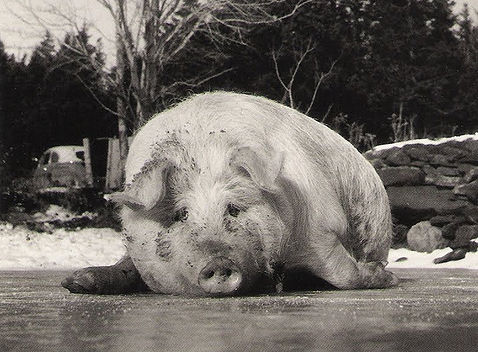C
Cynde Route
Guest
“I could see that, if not actually disgruntled, he was far from being gruntled.”Gruntled: Pleased, satisfied and contented.
―P. G. Wodehouse
Read more at http://izquotes.com/author/p.-g.-wodehouse/3
Follow along with the video below to see how to install our site as a web app on your home screen.
Note: This feature may not be available in some browsers.
Café Life is the Colony's main hangout, watering hole and meeting point.
This is a place where you'll meet and make writing friends, and indulge in stratospherically-elevated wit or barometrically low humour.
Some Colonists pop in religiously every day before or after work. Others we see here less regularly, but all are equally welcome. Two important grounds rules…
We now allow political discussion, but strongly suggest it takes place in the Steam Room, which is a private sub-forum within Café Life. It’s only accessible to Full Members.
You can dismiss this notice by clicking the "x" box
“I could see that, if not actually disgruntled, he was far from being gruntled.”Gruntled: Pleased, satisfied and contented.
It would be good to describe a singer of an unknown language, while in a fantastic land. A fantastic setting comes with the expectation of fantastic language.How about ululate, a word that sounds a bit like its meaning? I'd love to use it in a story but hesitate for fear of annoying readers
Hahaha, I love it. I invented a couple languages for a book about ten years ago, and had a lot of fun delving into the roots of common words, such as disgrunted (can something gruntle? Yes!) Or making a word for cohere, so I could build incoherent out of it...
How about ululate, a word that sounds a bit like its meaning? I'd love to use it in a story but hesitate for fear of annoying readers
Came across a new word last night, while reading my bedtime story [Justine, by Laurence Durrell]. I love finding new words. Thought I'd share it:
BANAUSIC: Mundane, not operating on an elevated level: banausic - definition of banausic in English from the Oxford dictionary
Anyone else found any good ones recently?
And very nicely written too. The quest is fundamental. We don't do enough questing.Some great discoveries! Recently I had cause to check the specific definition of 'nihilism' for a book I've been working on. That definition led to a new word for me - 'anomie'. I wrote about it here : James Marinero's Blog: Nihilism, Anomie and Quests



GORMLESS!
No -- it's one of a small group of words which ca't be treated like that.If one can be gormless - without a clue - can one also be gorm - presumably clued up?
